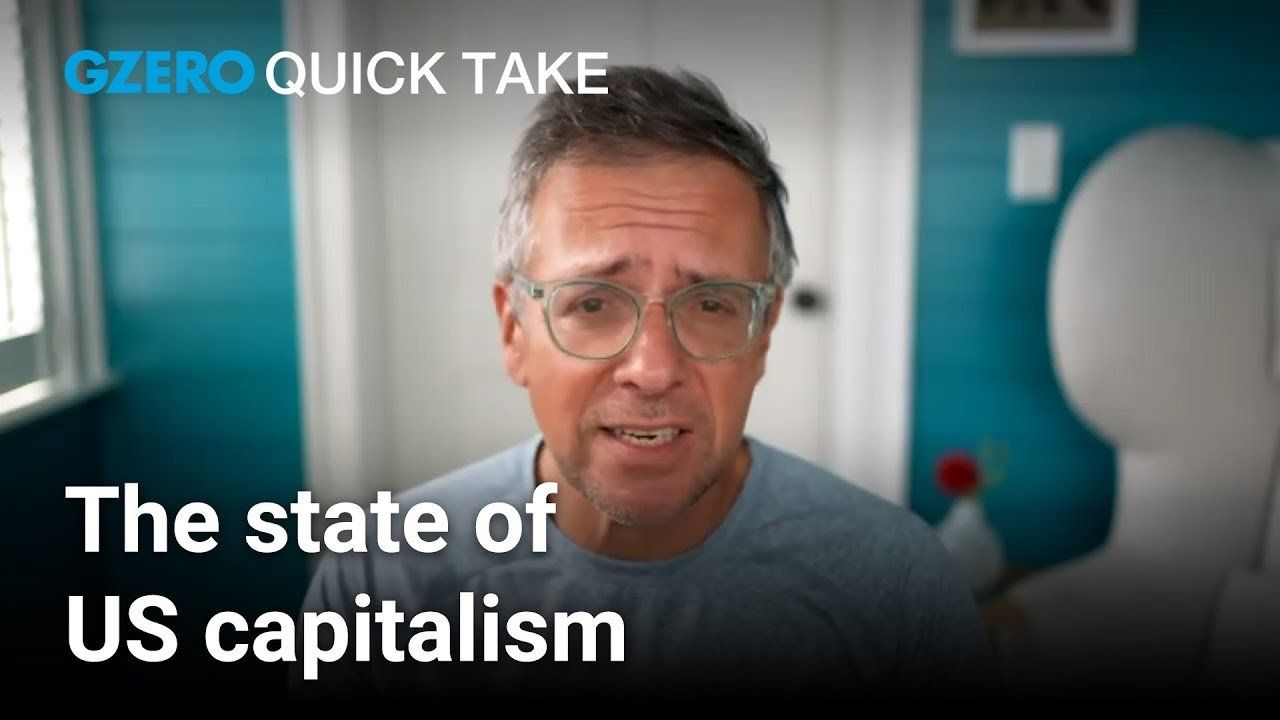August 25, 2025
Ian explains why “free market capitalism” looks very different today than in decades past. Recent news that the US government is taking a 10% equity stake in Intel is just one example of Washington moving toward a more state-driven economic model.
While government subsidies for strategic industries like semiconductors may make sense, Ian warns that other industrial policies, like trying to re-shore large-scale manufacturing, risk being backward looking. Ian also argues that much of what passes for capitalism in the US is really oligarchy: corporations using lobbying to secure entrenched advantages and offloading the costs of their business models onto the public.
Meanwhile, China has thrived with state capitalism for 50 years, and the US is increasingly trying to compete by playing the same game. But Ian raises concerns that America’s short political cycles and policy whiplash make it poorly suited for long-term state-led planning, and that the benefits often flow disproportionately to the wealthy.
The bottom line: Ian believes the US needs more capitalism, not less, but it has to be, “capitalism that runs in a competitive environment, where no one gets to capture the political process, and where losses are seen as responsibilities of corporations, just as profits are.”
More For You
- YouTube
Is China’s economic model reaching a breaking point? In GZERO’s 2026 Top Risks livestream, Cliff Kupchan, Chairman of Global Macro at Eurasia Group, highlights mounting pressures on the Chinese economy.
Most Popular
2026 is a tipping point year. The biggest source of global instability won’t be China, Russia, Iran, or the ~60 conflicts burning across the planet – the most since World War II. It will be the United States.
While surgeons remain fully in control, technological advances are expanding the use of surgical robots in operating rooms. As adoption accelerates, so do the expectations for patient outcomes and surgical care. Track medical innovation trends with Bank of America Institute.
- YouTube
Europe enters 2026 under mounting strain as it confronts external threats, internal political pressures, and a weakening relationship with the United States. In GZERO’s 2026 Top Risks livestream, Mujtaba Rahman, Managing Director for Europe at Eurasia Group, describes a continent that is “exhausted, fatigued, weak, and vulnerable.”
© 2025 GZERO Media. All Rights Reserved | A Eurasia Group media company.
